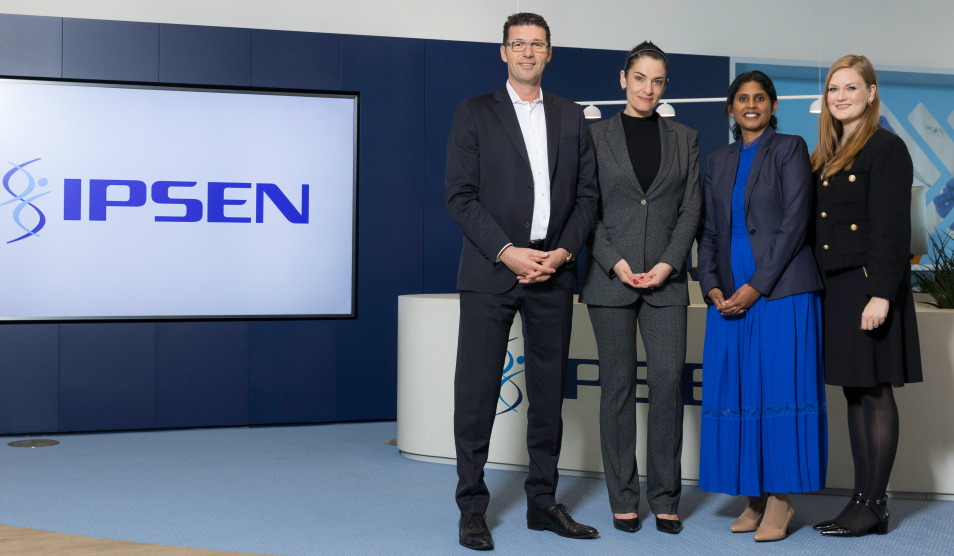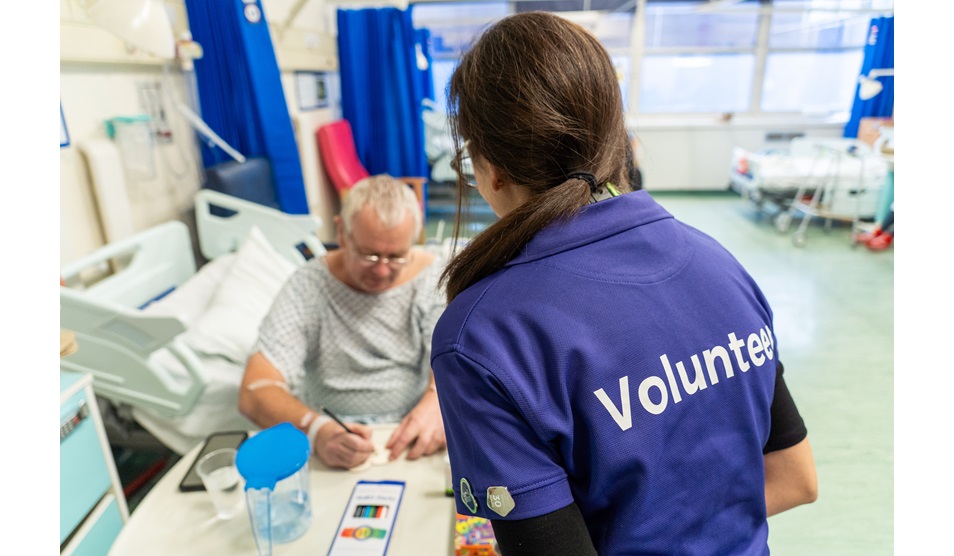Trust prepares for second winter with Covid-19
Plans are in place to ensure we continue to provide high quality care for all our patients as we head into the autumn and winter while still responding to Covid-19.
This includes over £2 million of investments for additional staffing and more space specifically for urgent and emergency care.
We are already seeing higher demand for our A&E departments than usual. In September 2021, we treated 20 per cent more patients in our emergency department and urgent treatment centres than during the same period in 2019, before the pandemic. While ambulance attendances are at a similar level compared with 2019, we have seen an increase in walk-in patients. While we continue to explore further improvements to help us through our busiest time, a number of key investments and improvements are in place already. These include:
- Expanding our ‘ambulatory emergency care’ facilities – helping us to provide more same day emergency care. These changes are allowing us to see more patients who need urgent care away from the emergency department.
- Increased staffing – We’ve recently recruited to 12 new posts to work within our ambulatory emergency care facilities at St Mary’s Hospital, including junior doctors, nursing, healthcare assistant and receptionists, due to start at the end of this month. In addition to this we are also recruiting to eight additional consultant posts, allowing for more senior clinical input in both our emergency departments and same day emergency care units, including in the evenings and at weekends.
- Increased 'fit to sit' space in our emergency departments – allowing patients to wait in a ‘trolley chair’ if they are well enough to do so, to help create additional space so patients can come into the department more quickly.
- Getting patients on the right care pathway, quicker – following a successful trial, from 1 November, the Trust will directly triage all patients needing urgent and emergency care at St Mary’s Hospital rather than going via our urgent treatment centre provider. This will allow our clinicians to assess and get patients to the right care pathway as quickly as possible.
- Improving spaces and facilities for mental health patients – we have created an additional space for mental health patients at St Mary’s Hospital and improved the space at Charing Cross Hospital, allowing for a calmer and safer environment.
- Improved specialty pathways – to help with additional pressure throughout our hospitals we have improved two of our specialty pathways. We have created a same day emergency care unit for gynaecology patients which is due to open in October and have worked with London Ambulance Service to ensure renal patients are taken directly to Charing Cross Hospital, which best meets their dialysis and urgent care needs.
As well as the investment in our urgent and emergency care services, we have also worked closely with our partners across north west London to try to make sure patients only come into hospital when they really need to and are able to leave as soon as they are medically fit to do so. These improvements include:
- Sector-wide discharge hubs – permanent funding has allowed for hubs across the sector to support patients to leave hospital sooner. These hubs have already been found to decrease both the length of stay for medically fit patients and the overall number of patients staying with us for extended periods of time
- Improving inclusion health – a new multiagency inclusion health team will be working with local primary care, community providers, local authorities and voluntary sector partners to provide specialist support for patients with complex health and social care needs such as homelessness. This model has been successfully implemented in a number of other Trusts across the country with evidence of improved continuity of care.
- Additional community beds – we have secured direct access to five additional neuro rehabilitation beds in the community.
Dr Ali Sanders, clinical director for urgent and emergency care at Imperial College Healthcare NHS Trust, said:
“The combination of increased demand for urgent and emergency care services alongside the complexities of ensuring staff and patients are kept safe while we continue to respond to Covid-19 has the potential to make the next few months very challenging.
“A huge amount of hard work has gone into our planning. From expanding the physical space of our A&E departments, increasing our workforce and working with the wider health sector – we’re ensuring that, together, we’re able to provide the safest care possible this winter.
“It’s also important for members of the public to help us keep our hospitals safe by contacting NHS 111 by phone or online if they need urgent care before coming to A&E. We also ask that anyone experiencing symptoms of Covid-19 not to visit our hospitals to help us reduce the spread of the virus.”



